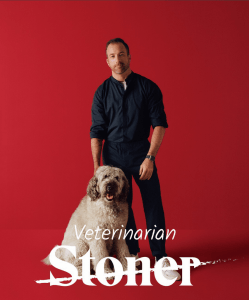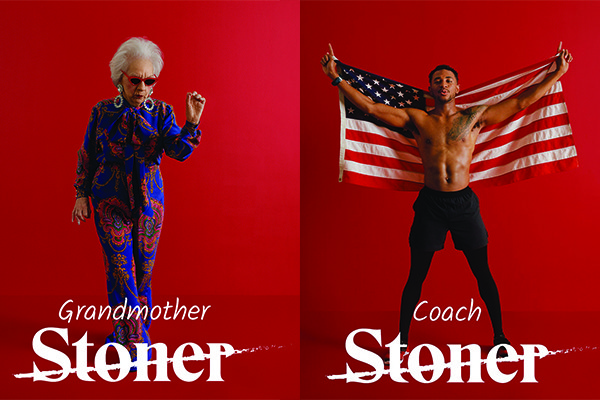Fast Company, AdAge, Business Insider, Adweek, and CNBC – and that’s just in the last month. It may be premature to call MedMen the “Starbucks of weed,” since federal prohibition is still in effect, but that’s not stopping them from developing a national, even global presence. Forbes recently christened them a “marijuana unicorn.”
If America isn’t ready for a chain of cannabis retail shops, then MedMen is ready to go to Canada. Shares of leading Canadian cannabis company The Cronos Group jumped 11 percent in mid-March, when they announced a partnership with MedMen to develop and launch a chain of retail stores in Canada.
America may want to prepare itself, because last week, MedMen announced they’ll be opening a medical cannabis dispensary on 5th Avenue, in the heart of Manhattan, near Bryant Park. One of the swankiest shopping districts in the world will soon have a boutique-style medical cannabis storefront, close to the New York Public Library, Zara, and Lord & Taylor.
So, how did all the buzz develop? The old-fashioned way–gradually, with intention, clarity, and focus on the company’s message. From the Apple-like interiors of their stores, to the signature rich red of the branding, to the use of customers as models in their ad campaigns, MedMen has always had long-term goals.
“Well, it didn’t happen overnight. This is something that has been building momentum for nearly a decade, since our co-founders Adam Bierman and Andrew Modlin decided to get into cannabis business,” MedMen Communications Director Daniel Yi said. “Through hard work and singular focus, we’ve turned MedMen into the industry’s gold standard and as the industry itself has been garnering more news, we were well positioned to get the attention.”

With seven stores located throughout Southern California, three other New York state locations, and one location in north Las Vegas (with three more Vegas locations scheduled to open), their staff has expanded to 50 times its original size and continues to grow, with a relatively traditional corporate structure in an nontraditional industry.
“In a little over two years, we have grown our workforce from 15 to about 750 today. We continue to recruit top talent to grow our business and this industry, and that means through all levels of our business,” Wi explained.
MedMen has also not been shy about mounting active advertising campaigns where they can. Restrictions on cannabis advertising impose strict guidelines, so MedMen has used social media to effectively promote their #ItsLegal and new ForgetStoner.com campaigns.
“Our marketing team has been key to getting our ‘mainstreaming marijuana’ message out, and of course social media is an important channel today. We have a dedicated social media team, just as we have media relations professionals, graphic designers, chemists, quality assurance experts, and so on.” Yi said.

They’ve also utilized billboards, some of the only highly visible ad space available to cannabis companies. In MedMen’s visual campaigns the models are actual patients and customers from every demographic, which projects an all-inclusive, updated vision for marijuana culture. With a $2 million budget behind the “Forget Stoner” campaign, MedMen will also be launching its own quarterly publication, called The Ember.
“The diversity you see in our marketing simply reflects the reality we see everyday at our stores. Our customers are senior citizens, working parents, young executives, artists, and doctors… There is no such thing as a typical marijuana user, so there is no typical MedMen customer,” Yi described.
“What all our customers have in common is a desire to make their purchases in an inviting and safe environment, free of stigma,” he added.













[…] At its peak, MedMen operated at least twenty-nine stores and owned licenses in twelve states. Its stores helped define cutting-edge dispensary design. In 2018 and 2019, backers including Gotham Green Partners, Wicklow Capital, Tilray, and a bevy of hedge funds lined up to invest or lend the company money. […]